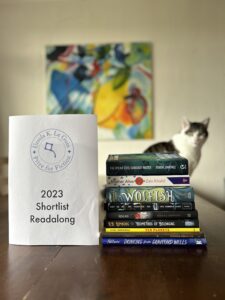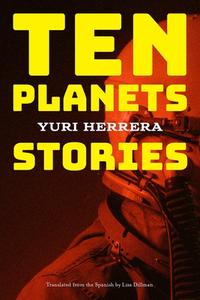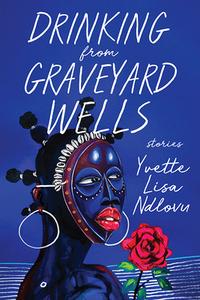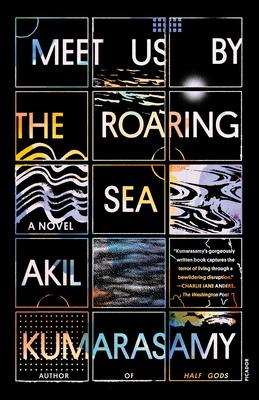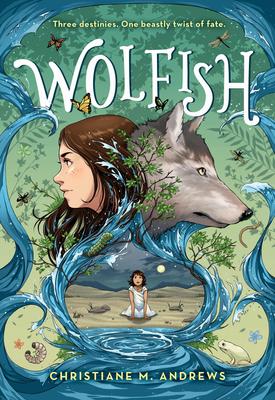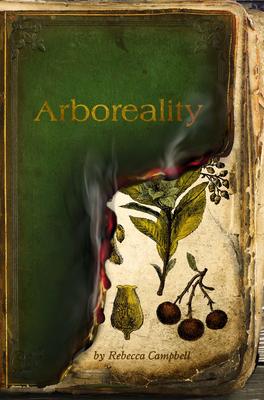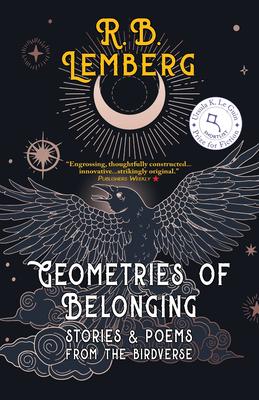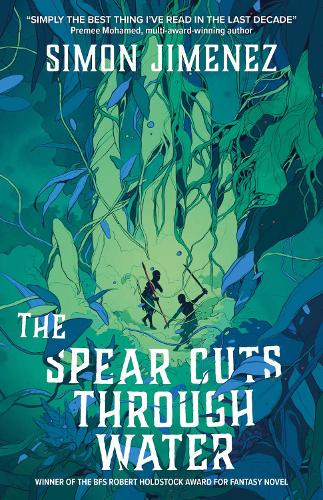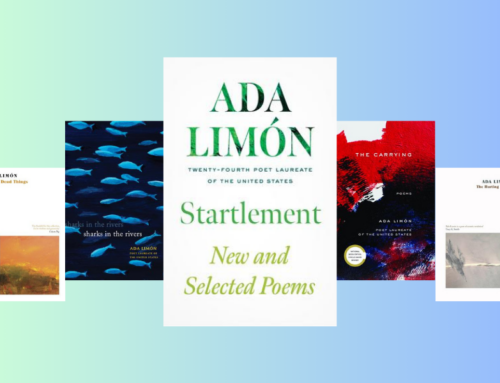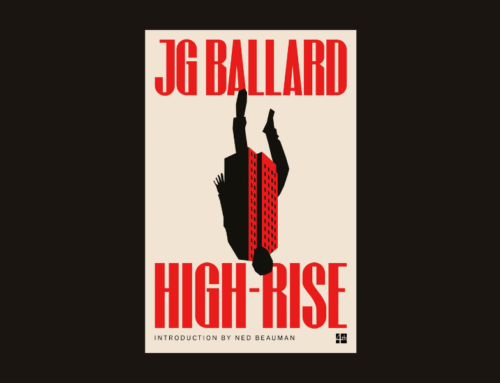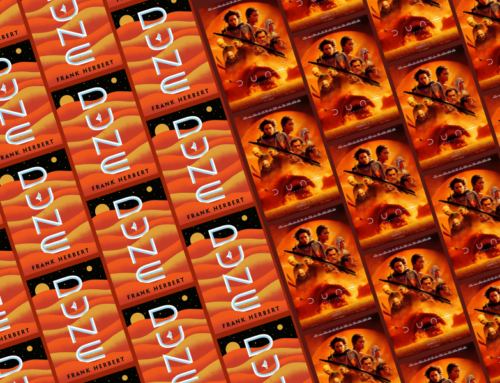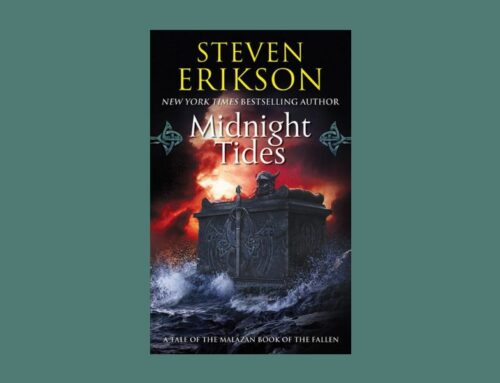Written by Sophie.
If you’ve ever seen my Staff Choice list, or any of my recent Top 5s, you’ll know I’m a huge Ursula K. Le Guin stan. There’s just something about her fantasy and her social science fiction stories that connects very deeply and immediately to my being, and the older I get, the more it hits. I find her writing gorgeous and her worlds meticulously thought-out and very fairly balanced. She never presents one side as wholly good and another side as wholly bad. Which doesn’t mean she doesn’t have a clear moral message, only that she understands that society is made up of many different lived experiences, and you should try to allow for as many as possible.
Le Guin died in 2018, after a nearly six-decade writing career, having won all the major science fiction and fantasy awards (she was also a Pulitzer Prize finalist). Since 2022, the Ursula K. Le Guin Literary Trust awards the Ursula K. Le Guin Prize for Fiction “to recognize those writers Ursula spoke of in her 2014 National Book Awards speech—realists of a larger reality, who can imagine real grounds for hope and see alternatives to how we live now.”
I read along with both the 2022 and 2023 shortlists, not only to see if I can find another new social science fiction voice (there are many already, but the more the merrier), but also because I love how the shortlist is determined: through the month of April absolutely anyone in the world can nominate a book! The shortlist is then announced sometime later (last year it was in July, but there is no set date as far as I can tell), and the lists have so far been wonderfully diverse, featuring children’s books and short story collections and novellas and hard sci-fi and everything in-between.
While I read the 2022 shortlist rather haphazardly (I didn’t know about it until the award was already handed out), I really went after the 2023 shortlist with determination. Here are my thoughts on all 9 nominated books, in least-liked-to-holy-cow-this-blew-my-mind order:
Ten Planets: Stories – Yuri Herrera (translated by Lisa Dillman)
2 stars (out of 5)
This is a collection of supershort stories, sometimes interlinked, mostly science fiction/speculative fiction. It’s translated from Spanish, and there are some lovely flourishes to be found that I associate with the Spanish imagination and use of words, but as a whole, I found the stories too short and too disparate to remember much from, even after I’d just finished it.
Drinking from Graveyard Wells: Stories – Yvette Lisa Ndlovu
2.5 stars
I just couldn’t really connect with these stories, set mostly in Zimbabwe. There were some good insights, especially into culture clashes and the difficulty of coming home after a time abroad, and a few wonderfully absurd scenes that highlighted the disconnect. Mostly, however, I found the stories angry, with no direction except sometimes maybe vengefulness. Which is fair enough, but not exactly hope-giving.
Meet Us by the Roaring Sea – Akil Kumarasamy
3.5 stars
This is a well-written, melancholy story set in the near-future. A woman is reeling from the death of her mother, and her work with a strange A.I. project entangles with her translation of a manuscript about a group of female medical students in the 1990s, living through a drought in South Asia somewhere. I couldn’t connect to it, however, especially with the story set in the near-future. I did like the strand about the medical students, because it was an interesting study in cult-ism and living through tragedy, although that, ultimately, fell a little flat, too.
Brother Alive – Zain Khalid
3.75 stars (guess what reading app I use ;-))
Three boys are adopted and raised as brothers by an imam in Staten Island, NY. When Imam Salim returns to Saudi Arabia, where he studied, the now-grown-up brothers feel compelled to follow him. I found this a really interesting book, well-written, from a new-to-me angle. It had some choice things to say about religion, capitalism, greed, and more besides. Even though the action mostly takes place in New York and Saudi Arabia, it had a really worldwide feel to it. It didn’t rate higher for me because I found it slightly too “look how literary I am” in tone, and I also found it too male-oriented.
Wolfish – Christiane M. Andrews
4 stars
I really loved this middle grade mythology retelling! The characters felt real and grounded, even though they were all infused with a magical quality, and I loved that the villain of the story was more tragic than evil. The connection between the twins was beautiful, as was Alba the oracle apprentice’s connection to the world around her. I was close to tears several times. Just a lovely story with some really gripping scenes.
Spear – Nicola Griffith
4 stars
Gorgeous, lush Arthurian retelling, with a gender-swapped main character. It took me a little while to get used to the writing style, but once I was hooked I couldn’t stop reading. I’m not the world’s greatest Arthurian scholar, but that didn’t stop me from enjoying and recognizing the links made. Above all I loved the way the writing invited me into the world – definitely a place I would love to visit!
Arboreality -Rebecca Campbell
4.25 stars
This slim story collection manages to be both very melancholy as well as very hopeful about the near future. Set in Western Canada, the closely interlinked stories start in a future about 20 years away, as climate change is wreaking havoc on our lives, and continue until 2100ish. I was very impressed with the portrayal of everyday life in the face of great upheaval – the landscape and the climate are as important a character in these stories as any human. I found the way people clung to the past (like the violin-maker in the biggest story) very believable, as well as the amazing adaptability of nature and our younger generations.
Geometries of Belonging – R. B. Lemberg
5 stars
I love it when an author has so completely thought out their imaginary world that I feel like I could live in it. Lemberg’s Birdverse is an amazing, deep, complex fantasy world, where some people can access personal magic (through acquiring their ‘deepnames’) but many can’t. The stories and letters and poems included in this collection are all part of this Birdverse, and I was blown away by the style and the fantasy, and the touch of humor often included. Each story opened a whole new area of the world to me, and new characters, fully fleshed out: magical craftspeople, shapeshifting professors, non-magical folks yearning to be seen as equal. It reminded me a little of Le Guin’s Always Coming Home.
The Spear Cuts Through Water – Simon Jimenez
5 stars
This book is a RIDE! It is told through 3 interconnecting narrative strands: a 2nd-person POV listening to her grandmother’s stories, that same POV watching a theater performance, and the ‘regular’ 3rd-person fantasy about the Moon Throne. Somehow Simon Jimenez never once had me confused about where I was in the story. In fact, moving so seamlessly back and forth through these layers drew me deeper into the book, Inception-like.
As for the story, it’s a timeless tale of corrupted power, godlike royals, the Moon and the Water, survival, war, and deep, yearning, devoted Love. It ebbs and flows. The characters are whole and broken, and I will remember and honor them. I don’t think I’ve ever read a first 100-150 pages that blew me away as much as these ones did, and I’m impressed the story kept being able to build itself back up after each climactic event.
All nine of the authors were unknown to me, which I find awesome to begin with. And all of the books had something in them that I’ll remember, even if it’s only a mood or an image. The eventual winner was Arboreality, and while it wasn’t one of my absolute favorites, in the context of the prize it was definitely the worthiest book. It had the clearest message of realistic hope and alternative ways of living together, with each other and the world around us.
The 2024 shortlist is around the corner, and you can bet I will be reading that whole list, too, maybe even in time to make a prediction! The judges this year are Margaret Atwood, Omar El Akkad, Megan Giddings, Ken Liu, and Carmen Maria Machado – so no pressure on any of the nominees or anything…
I’ll be mentioning the announcement of the shortlist in the Bookbits, in case you want to read along with me and discover new writers, too. Happy reading!

